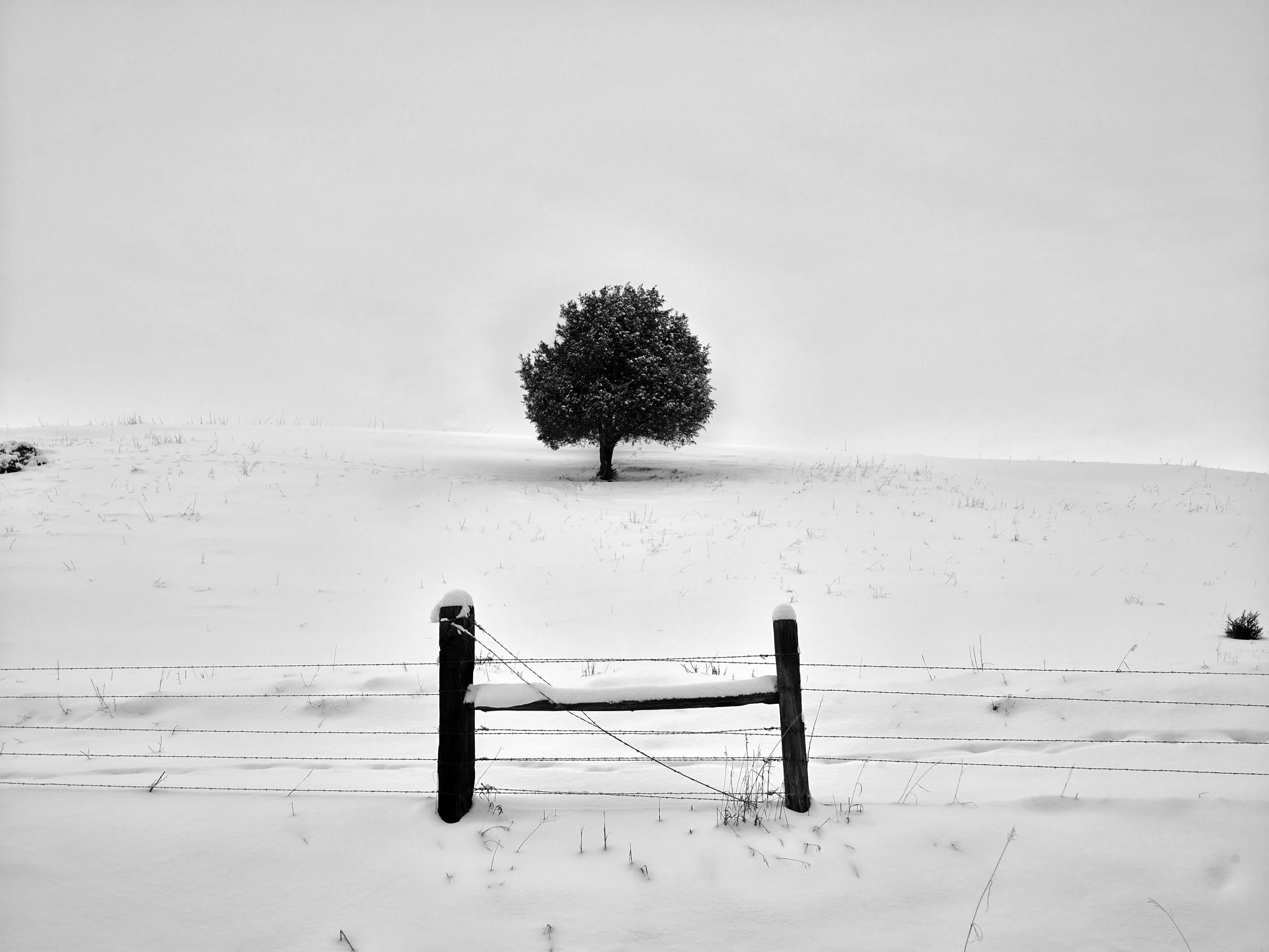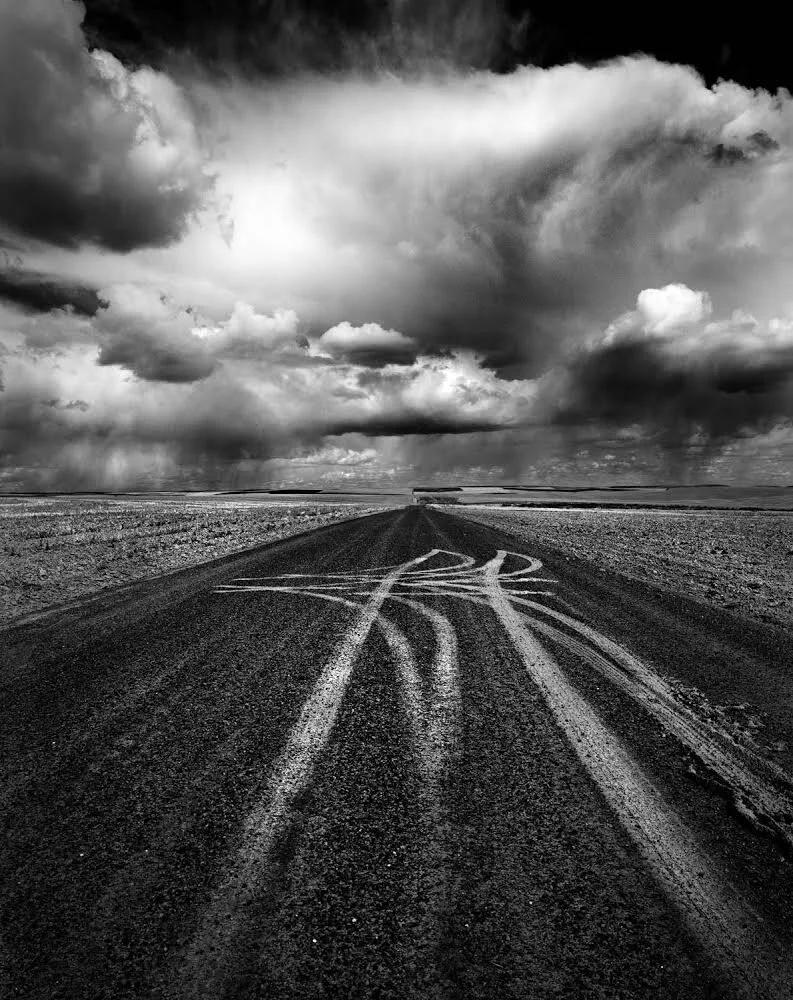Jeff Corwin
I think there’s an assumption that a photographer begins their artistic work first and then if there is a commercial career, it comes afterward. With me, it was completely the opposite. I shot for 25+ years in advertising, developing a way of seeing that worked for my clients and made me happy at the same time. It wasn’t until 15 years ago that I started photographing landscapes in the eastern part of Washington State. Even this interest came about because of an assignment for a bank that took me from Seattle to Walla Walla. It was then that I fell in love with that part of the world. The majority of eastern Washington is sparse, in direct contrast to the lushness of the western region, which while beautiful, never interested me photographically. The “Channeled Scabland” was created during the last ice age, a 1/2 mile high dam of ice that failed over and over, until ice and water raced through eastern Washington, stripping away soil and rock, carving the current landscape that I love to photograph so much.
I always felt that one definition of photography, is simply a recognition of what personally resonates. For me, simplicity, graphic shapes, strong lines or shapes that repeat are what “do it for me.” In business, it just became second nature to walk into a situation I’d never seen and start to look for these elements. Many times they were found already existing, sometimes I needed to create them. The first time I drove from Seattle to the eastern part of the state, after crossing the Columbia River I began to recognize the things that were a trigger for me visually. A black asphalt road cutting for miles through harvested wheat. An empty, snowy field with a stream creating a curve to a single tree. Or a small barn, the roof barely visible above a barren hillside. I would get in the car and just drive empty roads for days, sometimes seeing another car, many times not. And very rarely seeing or talking to other people. This was a choice after years of photographing people for work; and besides, why force people into a landscape where they’re seldom seen? These images void of people are an accurate representation of being there. Then, after many years of shooting landscapes without any tools other than a camera, I began to do what I did primarily for work; artificially light subjects by bringing powerful strobes into the landscapes. And I realized that the landscape work I was doing, was informed my decades of commercial work.
Since late 2017 I have been living in Bozeman, Montana. Beginning in 2019, I began the experiment of working in color. I’m finding there are some similarities, but many differences as well. And this is fine, as I’ve always defined my job as “problem solving.” I’m ready for the challenge. The problem in this particular case was the issue of not liking my color landscapes. So I began to search for a solution of how to create a look that was illustrative of the landscape instead of literal representation of it. I want people to look at them and hesitate a moment and ask questions.






























































